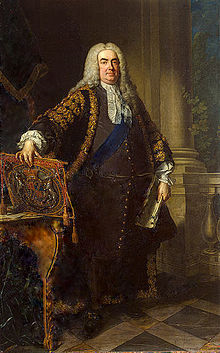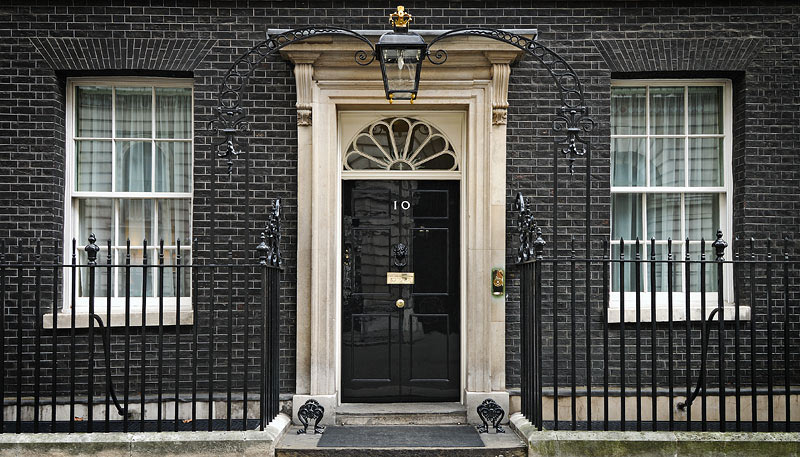
- •Voronezh state university
- •50 Things you need to know about britain.
- •50 Things you need to know about britain.
- •1). Stonehenge
- •2). St. Augustine and Christianity
- •3). Canterbury Tales
- •4) Religious settlement
- •5) Shakespeare
- •6) Gin craze and British drink culture
- •Battle of Waterloo and national identity
- •* The battlefield today
- •8)The Red House and ‘my house is my castle’
- •10) The Beatles
- •Alfred the Great.
- •Magna Charta (1215).
- •3) English Civil war of 1642 -1649.
- •4) The Glorious Revolution. (1688 - 89)
- •5) Birth of Great Britain, Act of Union in 1707.
- •6) Robert Walpole – the first Prime Minister.
- •The British Bobby.
- •Suffragettes
- •*The Suffragettes wanted the right for women to vote.
- •9). National Health Service
- •Results
- •(Http://en.Wikipedia.Org/wiki/Welfare_state_in_the_United_Kingdom) *The National Health Service
- •10). Britain Joining Europe*
- •*A History of the European Union and Great Britain
- •Introduction.
- •1). The Roman Invasion
- •2). The Norman invasion of 1066
- •3). Elizabeth I and the Spanish Armada
- •4). East India Company and the battle of Plassey
- •5) Tea and American Revolution
- •1. What is understood by the “Boston Tea Party”*?
- •3. Why did the British loose the battle?
- •6) Nelson and the Battle of Trafalgar
- •7). Slave trade
- •Campaign to abolish the slave trade
- •8) Dr Livingston and exploration of Africa*
- •9)The Windrush and the Empire
- •Identity
- •10). The Channel Tunnel* and the Eurostar
- •Early Plans
- •A Contest
- •The Design for the Channel Tunnels
- •Getting Started
- •Building the Channel Tunnel
- •Connecting the Tunnels
- •Finishing the Channel Tunnel
6) Robert Walpole – the first Prime Minister.


Sir Robert Walpole 10 Downing Street
Task 15. Fill in the gaps while viewing.
Queen Ann died in 1714 but remarkably none of her 17 children survived into adulthood. As a result, she was succeeded by her second cousin, the German Prince George of Hanover. He became George I.
German George left the business of ruling Britain to his 1)….. . From 1721 onwards this was the politician Robert Walpole who held the office for 2)….. , spanning the reigns of both 3)….. and ….. . Walpole was such a successful Prime Minister that George II gave him property in 4)….. as a gift. 5)…… is still the official home of the Prime Minister but that’s actually not his real title. On the door it says: 6)….. .
Walpole is generally considered to be our first Prime Minister. In the absence of the king he had to make the decisions. Most crucially who should be a minister alongside him. And this led to a new idea – 7)….. . Before Walpole all ministers reported to the king, now Cabinet ministers reported to Walpole. As king George away, Walpole 8)…… all the other ministers. He also developed the doctrine of 9)….. ……. It meant that when the Cabinet had agreed on the policy, all ministers had to 10)…. ….. ….. or 11)….. . Lord Melbourne summarized it beautifully: “It matters not what we say, gentlemen, so long as we all say the same thing”.
Task 16. Describe Robert Walpole* and his role in British politics. Use the Cultural Commentary and the following key words: to use every trick of the trade to ensure Parliament support, to govern the country successfully and peacefully, to have Parliament firmly on his side, “Every mind has his price”, to spend a lot of time dining every new MP, to hand out government jobs, to manage the House of Commons effectively, Robinocracy, the most powerful role in government)
Cultural Commentary
* Robert Walpole, 1st Earl of Orford, (26 August 1676 – 18 March 1745), known before 1742 as Sir Robert Walpole, was a British statesman who is generally regarded as the first Prime Minister of Great Britain. Although the position of "Prime Minister" had no recognition in law or official use at the time, Walpole is nevertheless acknowledged as having held the office de facto because of his influence within the Cabinet.
A Whig who was first elected in 1701, Walpole served during the reigns of George I and George II. His tenure as "Prime Minister" is normally dated from 1721, when he obtained the post of First Lord of the Treasury; he became the sole and undisputed leader of the Cabinet. Walpole's influence on the politics of his day was tremendous. The Tories became a minor, insignificant faction, and the Whigs became a dominant and largely unopposed party. Walpole's strategy of keeping Great Britain at peace contributed greatly to the country's prosperity. Walpole also managed to secure the position of the Hanoverian Dynasty, and effectively countervailed Jacobitism.
Walpole continued to govern until his resignation in 1742, prompted by the Battle of Cartagena disaster, making his administration the longest in British history. Because of his homely ways and strong Norfolk roots, he was often known to both friends and detractors as "the fat old Squire of Norfolk." en.wikipedia.org/wiki/Robert Walpole
